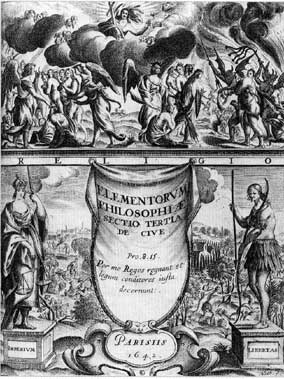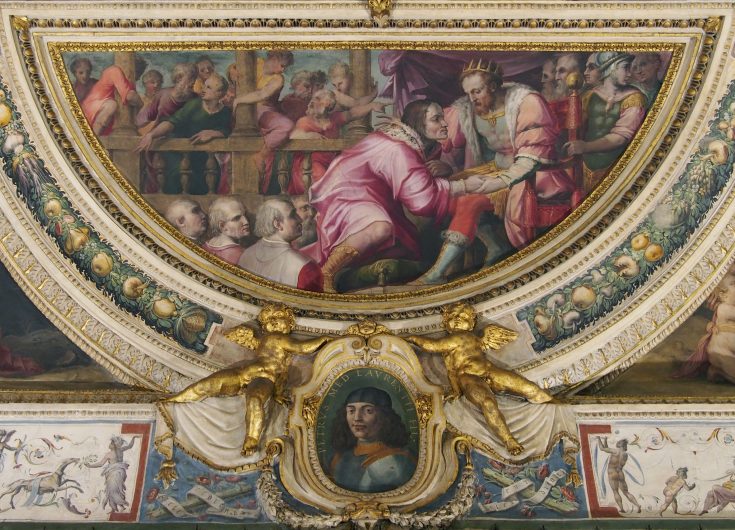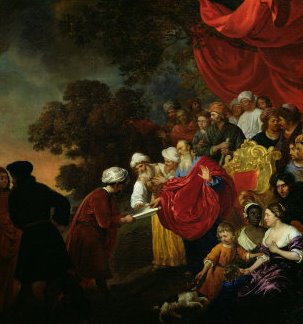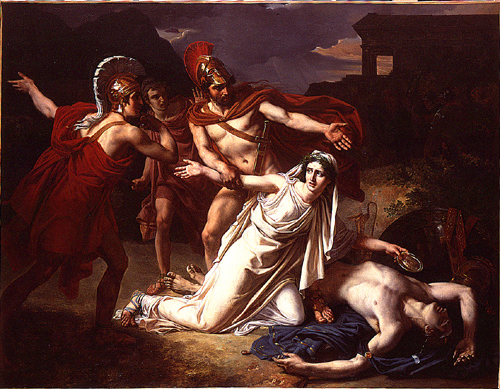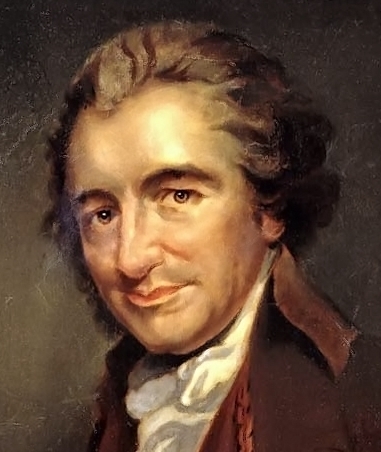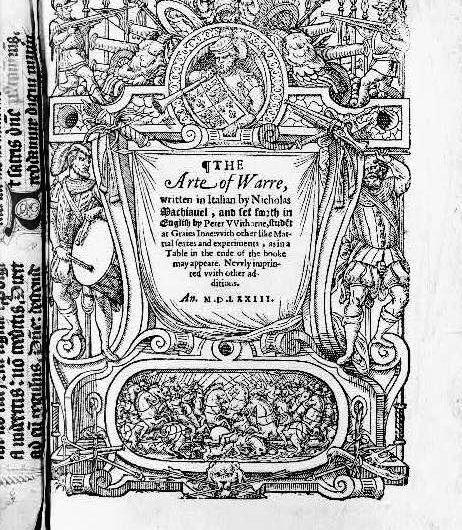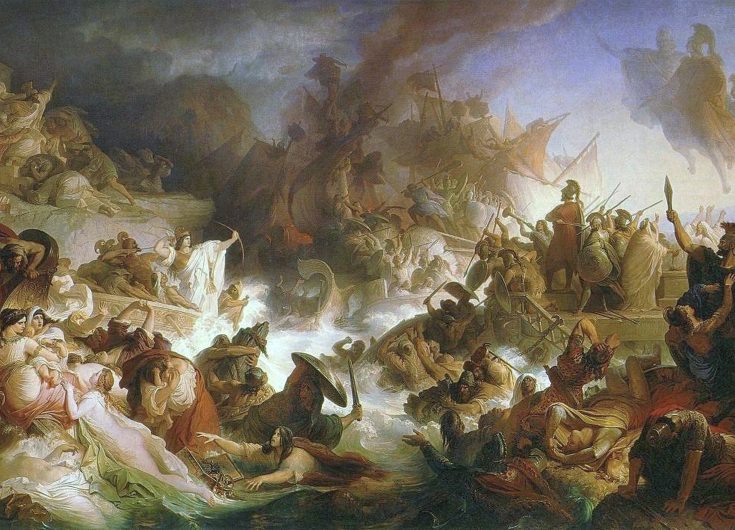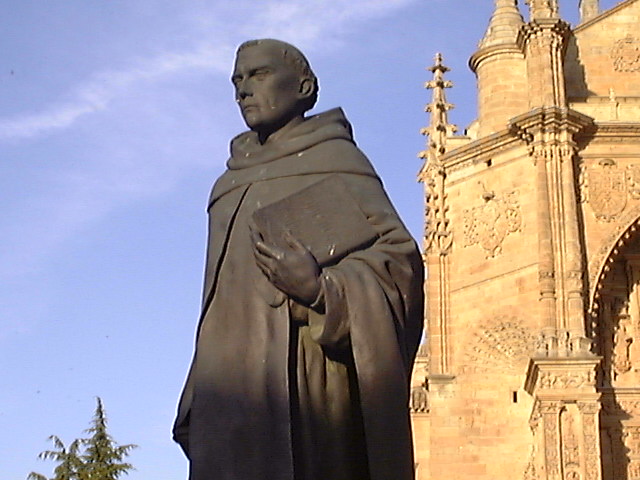

Francisco de Vitoria, Relectiones (1538-1539)
War is essential in Vitoria’s work because Vitoria’s concept of sovereignty is elaborated mainly in terms of the sovereign’s right to wage war. As Vitoria constructs a law of nations, administered by the sovereign, he reintroduces Christian norms as universal rules endorsed by jus gentium. Evangelizing is authorized not by divine law but by the law of nations, and may be likened now to travelling and trading. Vitoria argues that “…ambassadors are inviolable in the law of nations (jus gentium). The Spanish are the ambassadors of Christendom, and hence the barbarians are obliged at least a fair hearing and not expel them.” Thus, acceptance of the Christian faith could not be forced and should not serve as an excuse for conquest.


